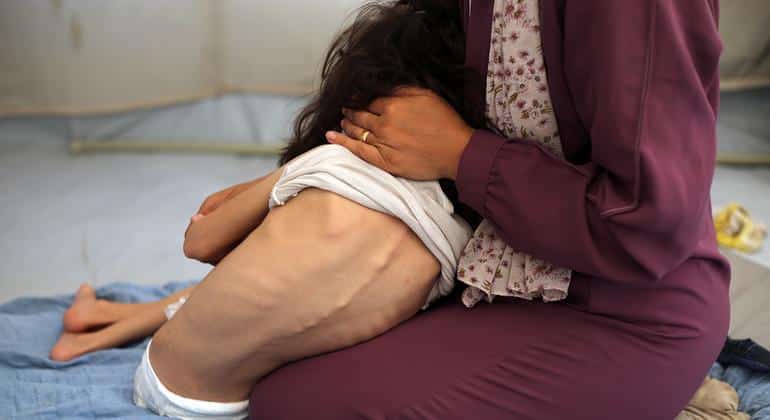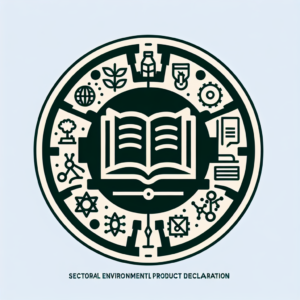Here’s the translation into American English:
As the humanitarian situation in the Gaza Strip deteriorates, hunger and malnutrition are reaching alarming levels. Humanitarian missions face multiple delays and obstacles, while extreme temperatures further complicate life for the region’s inhabitants.
Although Israel has reduced the number of denied humanitarian movements, the approved operations still encounter serious complications. According to the United Nations Office for the Coordination of Humanitarian Affairs (OCHA), these missions can take hours to complete, and teams often have to wait on roads that are dangerous, congested, or impassable. Between August 6 and 12, humanitarian workers made 81 attempts to coordinate with Israeli authorities to transport fuel and personnel, of which only 35 were successfully carried out.
The figures are alarming: nearly three years have passed since hostilities began in Gaza, with about 1,200 deaths from Hamas attacks and more than 61,000 Palestinians killed, including 18,000 children, according to the Gaza Ministry of Health. In this context, more than 500 humanitarian workers have also lost their lives.
The hunger situation is critical. According to the World Food Programme (WFP), this issue has reached its peak since the onset of the conflict. As of August 13, there have been 235 nutrition-related deaths, of which 106 were children. Despite the arrival of aid convoys, the number of trucks that actually complete their deliveries is discouraging, with a recent report indicating that out of 1,012 trucks, only 10 managed to deliver full supplies to warehouses.
The risk of food spoilage is also high, as many supplies are stuck at entry points. Although there is enough food to feed the 2.1 million residents of Gaza for at least three months, the quality and quantity are insufficient to meet emerging needs. Recently, 81 community kitchens have increased their capacity to prepare daily meals, but they are still far from reaching the one million plates that were distributed in April.
Additionally, a heatwave has worsened living conditions in Gaza, where temperatures exceed 104 °F (40 °C). UNRWA has warned that dehydration is on the rise due to water shortages. In response, it has provided emergency water, sanitation, and hygiene services to approximately 1.7 million people since the start of hostilities.
The situation in Gaza is becoming increasingly desperate, and humanitarian organizations continue to press for the entry of more aid and commercial goods into this war-torn enclave.
Referrer: MiMub in Spanish











